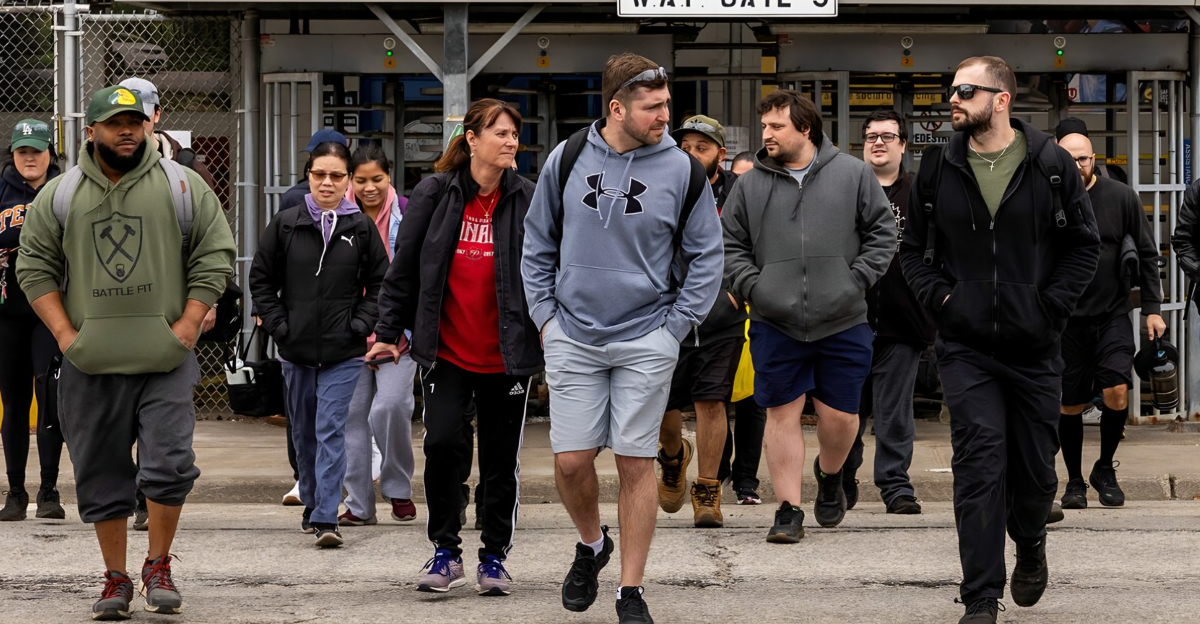
On the morning of June 2, 2025, 274 workers showed up at Johnsonville’s Momence plant expecting a normal shift. By afternoon, their jobs were gone. In a surprise meeting in Kankakee, workers were told the plant was closing—effective immediately. “It’s like they didn’t even care about us,” said Lupe Hernandez, who worked there for 25 years. The news spread fast, but few could believe it. What came next stunned the entire community.
Only 15 Minutes to Brace for Disaster

Momence Mayor Charles Steele got just 15 minutes’ notice before the public announcement. Johnsonville filed its WARN notice and shut the plant the same day. The federal WARN Act is meant to protect communities from this kind of shock, requiring 60 days’ notice. But Johnsonville followed the letter of the law, not its spirit. The company gave workers 60 days’ pay, but zero time to prepare.
Sixty-Three Years Erased in an Instant

The Momence plant had been running since 1962. Generations of families worked there. Johnsonville took over in 1995, making it a sausage-making powerhouse. This wasn’t a struggling factory—it was a community fixture. For many residents, the plant wasn’t just a job. It was a symbol of stability. And with a single decision, that foundation was pulled out from under them.
A Loophole That Left Workers Defenseless
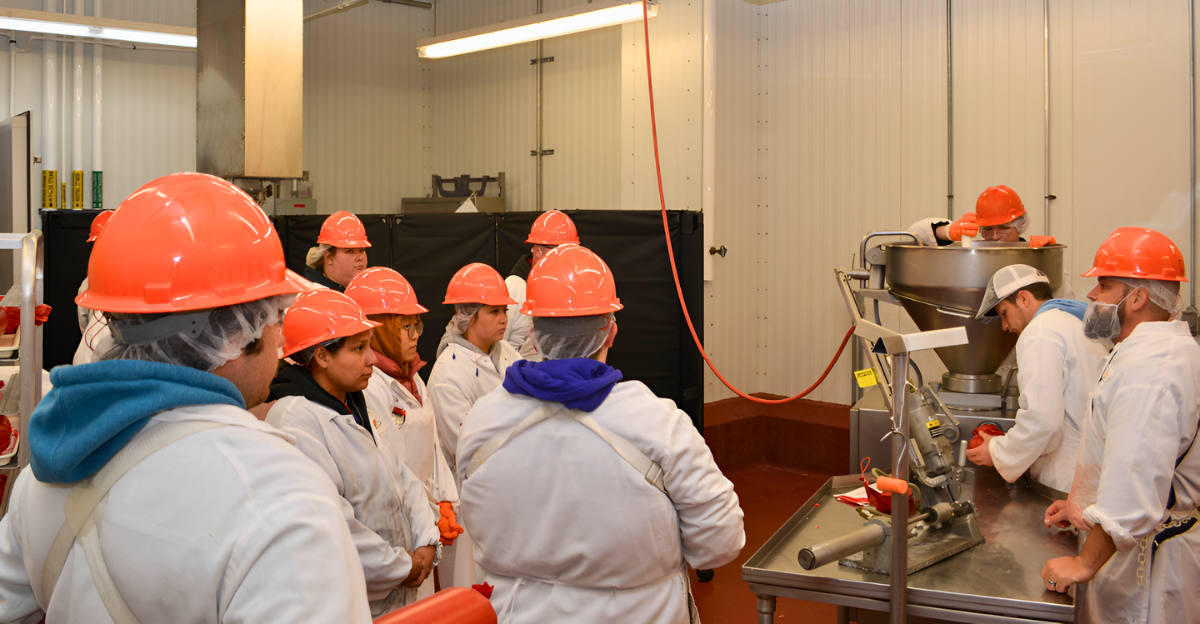
Johnsonville didn’t break the law, but they used it to their advantage. The WARN Act allows closures with 60 days of pay in place of notice. That’s exactly what the company did. No transition plan. No warning. No chance to react. Just 60 days’ pay and a locked gate. Many are now questioning whether the law protects workers, or gives corporations cover.
A Bigger Trend in the Meat Industry

Johnsonville’s closure is just one of many. In 2024, 15 meatpacking plants across the U.S. shut down, according to USDA data, the most in a decade. Big names like Tyson and Butterball are consolidating operations and turning to automation. The goal? Efficiency. The cost? Entire towns losing their lifelines. Momence is just the latest casualty in an industry-wide shift.
What Really Happened That Day
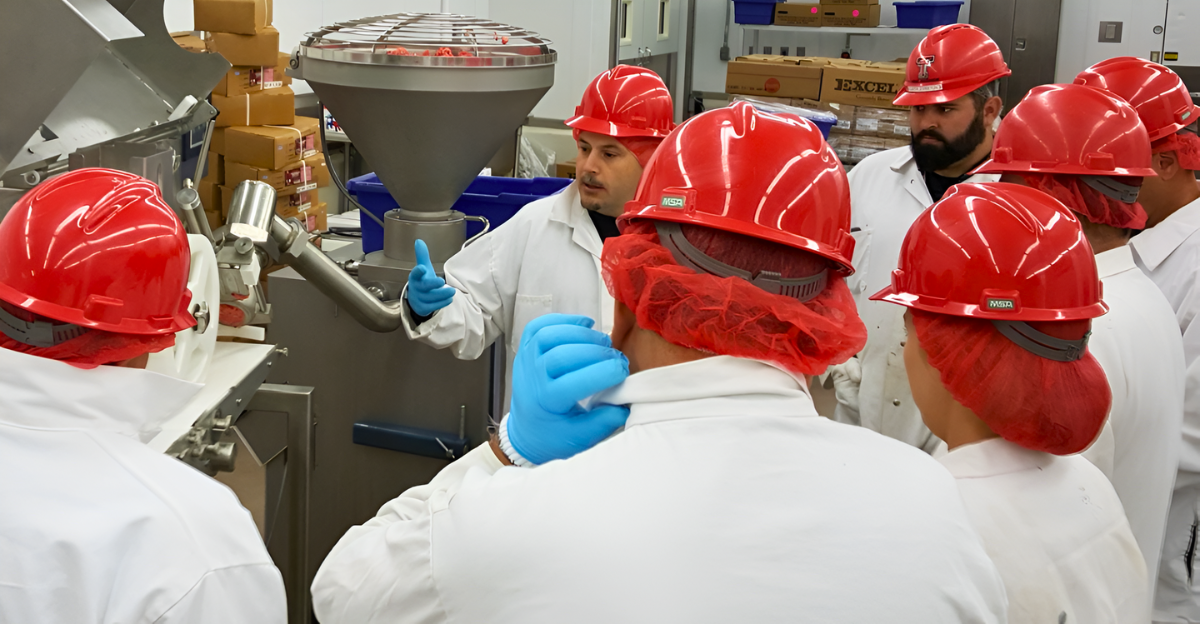
At a mandatory meeting in nearby Kankakee, Johnsonville CEO Don Fussner delivered the blow: the plant was closing immediately. The same day the company filed its WARN notice, it also laid off all 274 workers. Officially, this was part of a plan to “optimize operations.” But to the people of Momence, it felt like a hit-and-run.
A House, a Job, a Life—Gone in Hours
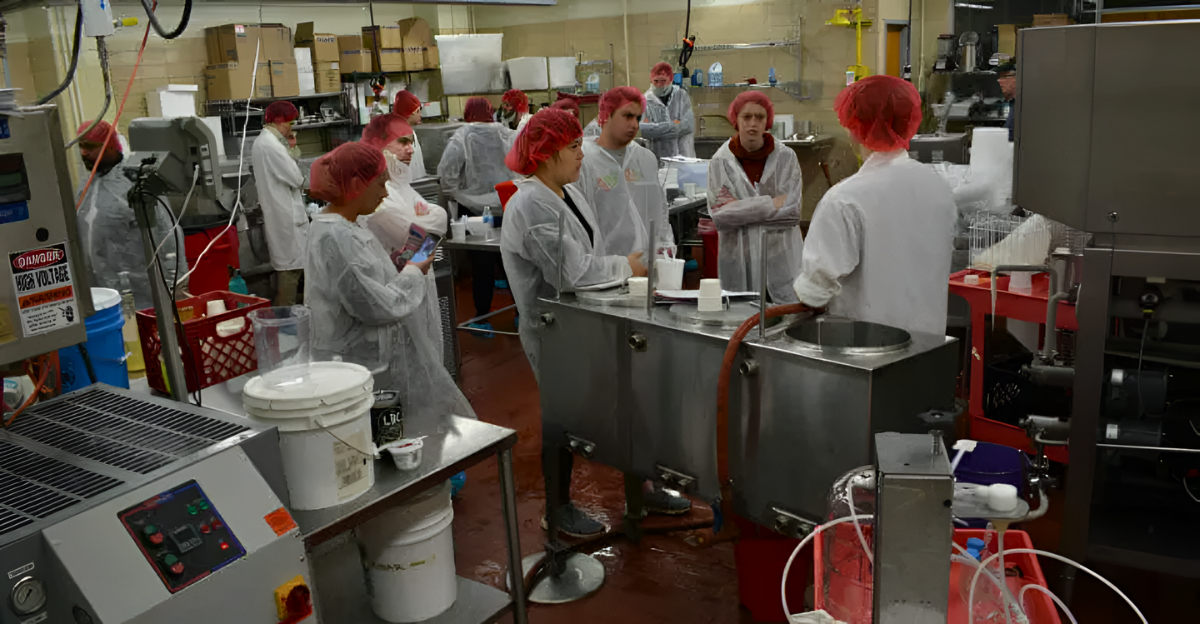
Lupe Hernandez had nearly paid off her mortgage when Johnsonville shut the plant. After 25 years on the job, she thought three more years would clear the debt. “I wanted to show myself and my kids I could do it,” she said through tears. Instead, she was calling her lender the next morning. “I don’t want to lose it.” One corporate decision turned her future upside down, and she’s not alone.
Main Street Takes a Hit Too

The layoffs aren’t just hitting families, they’re gutting the local economy. Johnsonville’s 274 lost paychecks meant over $20 million a year in disposable income vanished overnight. Mayor Charles Steele said the city “depends on these employees to live here, buy and shop here.” Economists like Enrico Moretti and the Upjohn Institute agree: each factory job supports 1.5 to 1.8 more. That means hundreds of local jobs could now be at risk.
A Mayor Caught Off Guard

Mayor Charles Steele got just 15 minutes’ notice before Johnsonville closed its Momence plant, leaving no time to warn businesses or mobilize aid. Calling the move “heartbreaking,” he added, “It’s very, very sad to have this many local residents losing jobs.” Without warning, officials had no chance to soften the blow, an example of how little local voices factored into the company’s decision to leave.
Where the Work Is Headed

Johnsonville says around 100 new jobs are opening, 75 in Watertown, Wisconsin, 25 in Sheboygan Falls, with some production also moving to Kansas. But with 274 jobs cut in Momence, it’s a net loss of 174. Most workers won’t relocate for lower-paying jobs across state lines. Local leaders warn Illinois loses not just employment, but its tax base and trust in large employers seeking efficiency over community stability.
Why Experts Saw It Coming

Experts have long warned that food processing is shifting toward automation, leaving aging plants behind. The global food automation market is projected to grow from $15.04 billion in 2024 to $16.7 billion in 2025. Driving the trend: cost savings and tighter margins. “For companies, it’s about margins. For towns, it’s about survival,” as academic and business reports put it. In the end, it’s workers who bear the cost of efficiency.
Was That $1 Million Just a Distraction?

Weeks before closing, Johnsonville invested over $1 million in new equipment at the Momence plant. That gave local leaders hope it would stay open. “If they are investing in infrastructure, it indicates intentions to remain operational for a while,” said economic development chief Tim Nugent. The sudden shutdown blindsided many. Some now wonder if the upgrades were poorly timed, or meant to delay backlash until the decision was final.
“Support” That Barely Covers the Damage

Laid-off workers will receive 60 days of pay and benefits, plus some severance, according to Johnsonville and public records. But for longtime employees with mortgages and kids, that won’t stretch far. “It’s like they didn’t even care about us…same day?” said Lupe Hernandez, a 25-year veteran. Two months’ income won’t last long. For many, the support package feels like a formality rather than meaningful compensation for decades of service.
Local Leaders Step Up

As Johnsonville exited, local job centers, colleges, and economic groups quickly stepped in, offering resume help, job fairs, and retraining programs. The response is heartfelt but limited by budget and scale. With little corporate support, the burden now falls on the community. For many former Johnsonville workers, hometown assistance is the only lifeline. When big companies leave, it’s often the locals who must rally to hold everything together.
Workers Caught in a Tough Choice

Some Johnsonville employees are considering relocating to Wisconsin, where about 100 new jobs await in Watertown and Sheboygan Falls. But moving isn’t realistic for most—especially for those with families, mortgages, or roots in Momence. Kankakee County’s unemployment rate already sits above the state average at 5.8%, leaving many with few options. “It’s like they didn’t even care about us…the same day,” said Lupe Hernandez, a 25-year veteran, echoing a broader sense of betrayal.
A Town Already Struggling Gets Hit Again
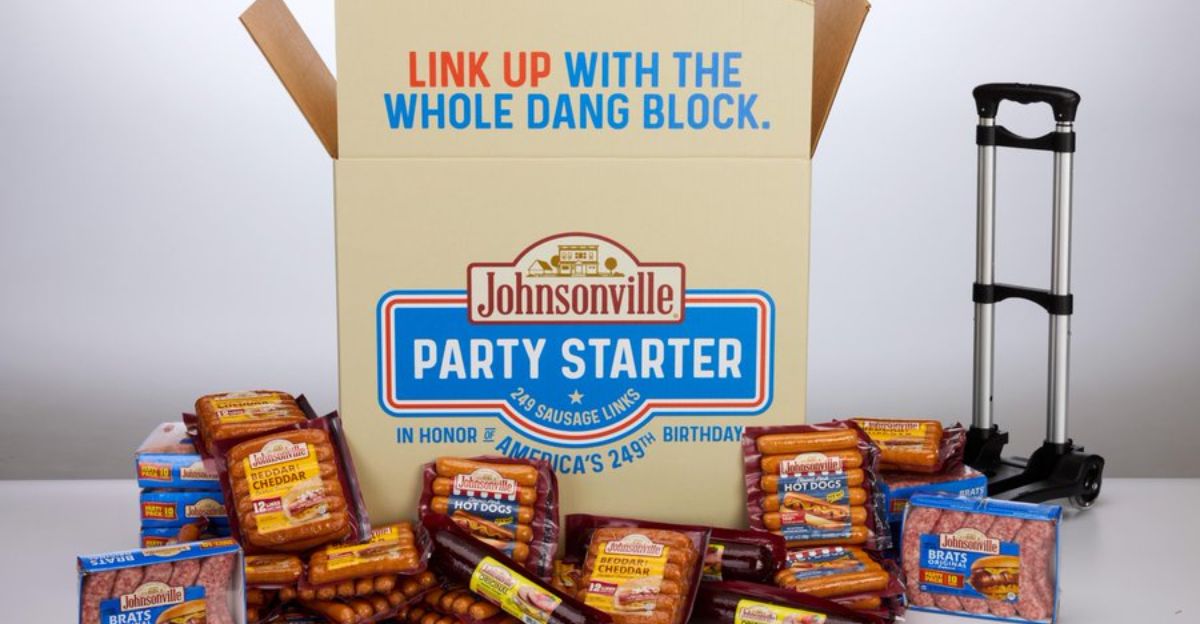
Johnsonville’s exit wasn’t the first blow. Earlier in 2025, a fire destroyed Gilster-Mary Lee’s cocoa plant in Momence, causing over $20 million in damages and permanently eliminating around 80 jobs. Now, with 354 positions gone in a single year, the town is reeling. The cascading effects, from lower spending to local business cutbacks, are triggering fears of a downward spiral that could threaten Momence’s long-term economic stability.
Who Gets to Decide a Town’s Fate?
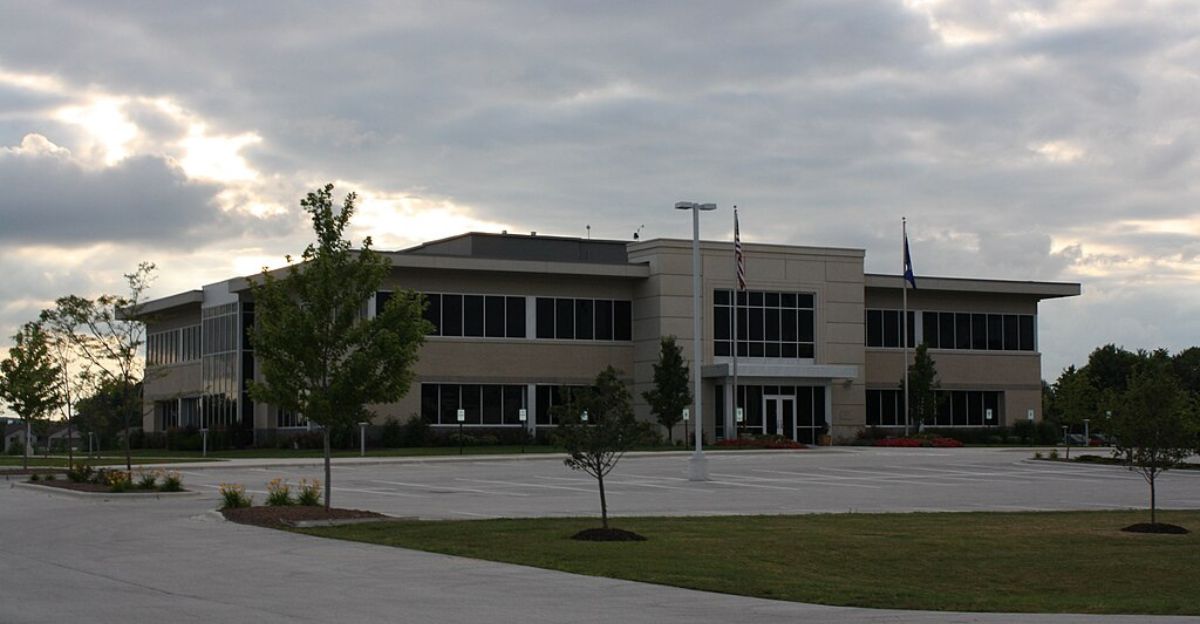
Johnsonville notified Illinois officials of the closure the same day it told workers, and just 15 minutes before informing Mayor Charles Steele. There was no public forum, no warning for businesses, and no plan for transition. As residents scramble to adjust, many are questioning how one private boardroom decision can so swiftly reshape the fate of an entire town. Who’s accountable when the economic floor is pulled out overnight?
Can the WARN Act Be Fixed?

Many critics say the WARN Act’s 60-day notice rule is too weak, with loopholes that allow compliance without true community preparation. The proposed Fair Warning Act aims to fix that by expanding coverage to smaller employers, increasing notice to 90 days, banning arbitration clauses, and requiring rapid-response teams. States like Washington are already testing stronger laws. Advocates say workers deserve real heads-up, not just a severance check after the fact.
A Bigger Question for the Country
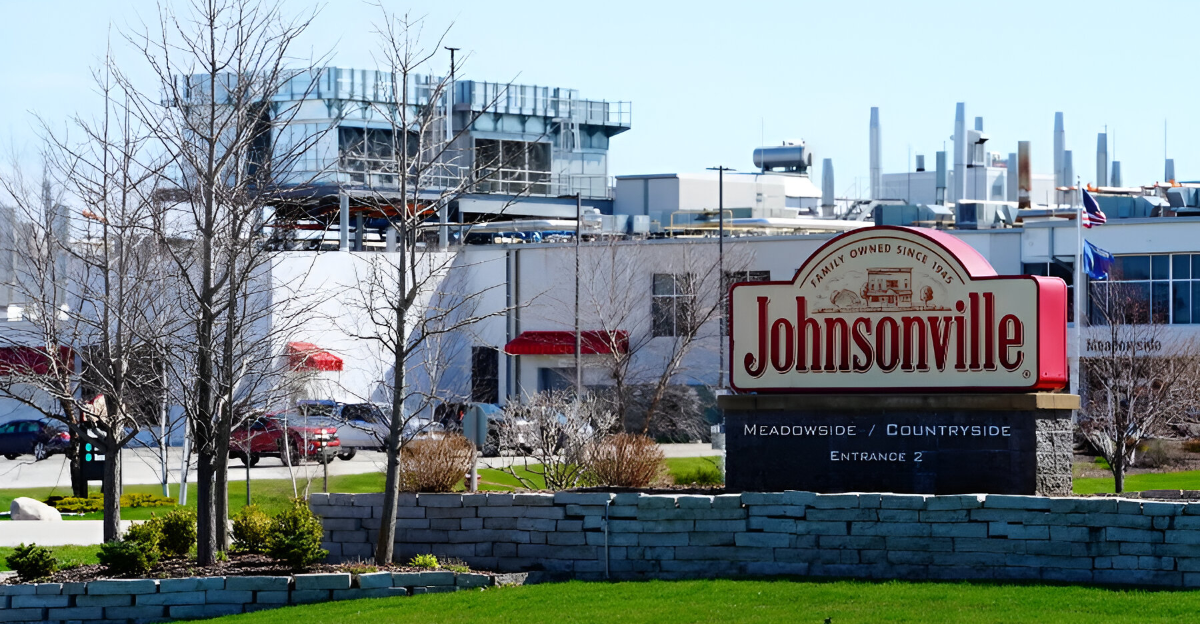
Momence’s heartbreak is part of a larger national reckoning: Should corporations have the right to quietly shutter plants for efficiency, or do they owe loyalty to the communities they help build? Supporters of the Fair Warning Act argue that companies must take responsibility for the human cost of closures. As silence settles over Johnsonville’s former factory, one thing is clear, this isn’t just a small-town story, but a test of national values.